No-Castling Chess - Vladimir Kramnik proposes an exciting variant!
From lay fans to top Grandmasters, more or less everyone in the world of chess feel upset today about the huge number of draws that take place in virtually every classical elite tournament. Too much of theory reinforced by extensive engine work is seemingly rendering the game of chess sterile and lifeless. One therefore wonders what lies in the future of the royal game. Thankfully, solutions are being proposed and some of them are also being welcomed with open arms. The successful organization and popularity of the first FIDE Fischer Random World Championship is a testament to the same. Very recently the legendary Vladimir Kramnik has also proposed a lucrative solution to the problem which surprisingly appears to be even simpler and more efficient than the Fischer Random. Read on to know more.
Kramnik says No-Castling chess will ensure more than 50% decisive games at top level play!
High drawing percentage has become a menace at top level chess. According to many of the experts and top players, well established theories, particularly in the opening phase of the game, is taking away much of the fun and creativity in chess. In order to combat this problem, the 14th World Champion Vladimir Kramnik has come up with a very interesting suggestion - the No-Castling chess! Everything, just about every rule in it remains the same as in the regular chess. The only change being that the players cannot castle! How does this make things different? Read the following interview where IM Sagar Shah discusses the nuances of this new variant with Kramnik himself.
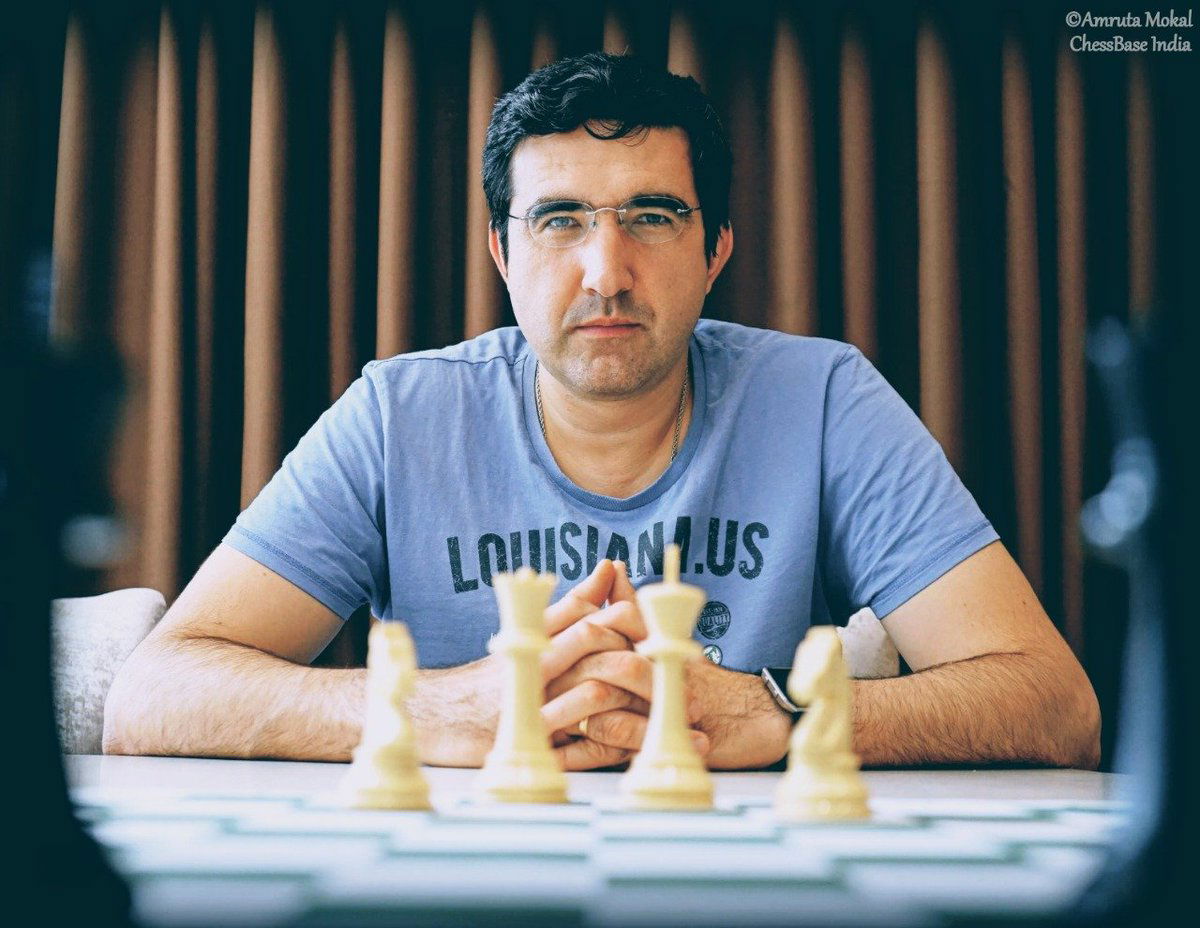
Sagar Shah (SS): Hi Vladimir, great to have you on the show. You are here to talk about a new variant of chess, how do you call it? Is the the No-Castling chess?
Vladimir Kramnik (VK): Good afternoon and thank you for inviting me. I have honestly not thought about a proper name yet, it is just a proposition at the moment. It was probably proposed even before by Bronstein, I don't know for sure. I mean, I don't claim any copyright on this idea nor do I have any financial interest in it. It is just a concept that I have been fond of for quite some time and since now I have stopped playing chess and we have a certain collaboration with DeepMind, it somehow felt right to explore it more deeply. The whole idea was quite experimental in the beginning but I feel we have done some good work and found some interesting results that ought to be presented to the general public.
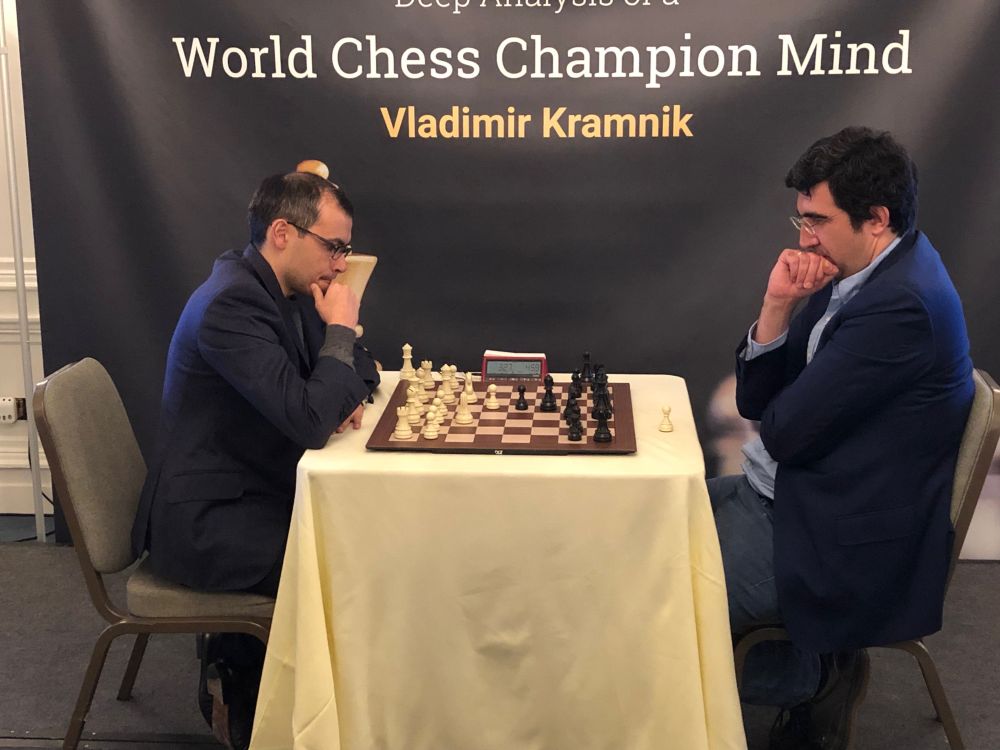
SS: Okay, so coming to the core of it, what you are proposing is that let the game of chess remain absolutely the same but you just remove the rule of castling, correct?
VK: Yes. Let me start from the beginning. First of all I have been a professional chess player myself and I have felt this problem more and more at top level play. I would hear this from everybody, they would often complain especially when playing White that they have nothing to play! (laughs) Well, you are supposed to try something at least and create some chances but you have no idea how you are going to do it. We are not talking about advantage anymore, it is just about getting some chances and a reasonable fight. I have faced this problem quite a lot myself. If you see the games I played in the later years, you would notice that I was trying all kinds of things, from 1.Nf3, 1.g3 to 1.d4 2.e3, and whatever, just to find a game. Actually I had already stopped looking for an advantage. I just wanted to get a game and even this was becoming more and more difficult. There is a clear demand from the chess fans in general who are disappointed by the statistics that reflect a huge number of draws but for me, the problem is not with the draws but the content of the games. I would like to clarify here that I am only talking about top level chess. For amateurs and club players this is not a problem at all. So I am not saying it has to be implemented everywhere. I mean, it is just a choice, to play with or without castling, and it doesn't have to necessarily substitute regular chess. But I was thinking more about getting back the interest in top level chess that has declined over time, because you know, the top level is sort of the face of chess. Again, there is clearly a demand for this as you can see Fischer random chess becoming more and more popular but Fischer random has its own problems. In my personal opinion I think No-Castling chess is a simpler and more efficient solution.
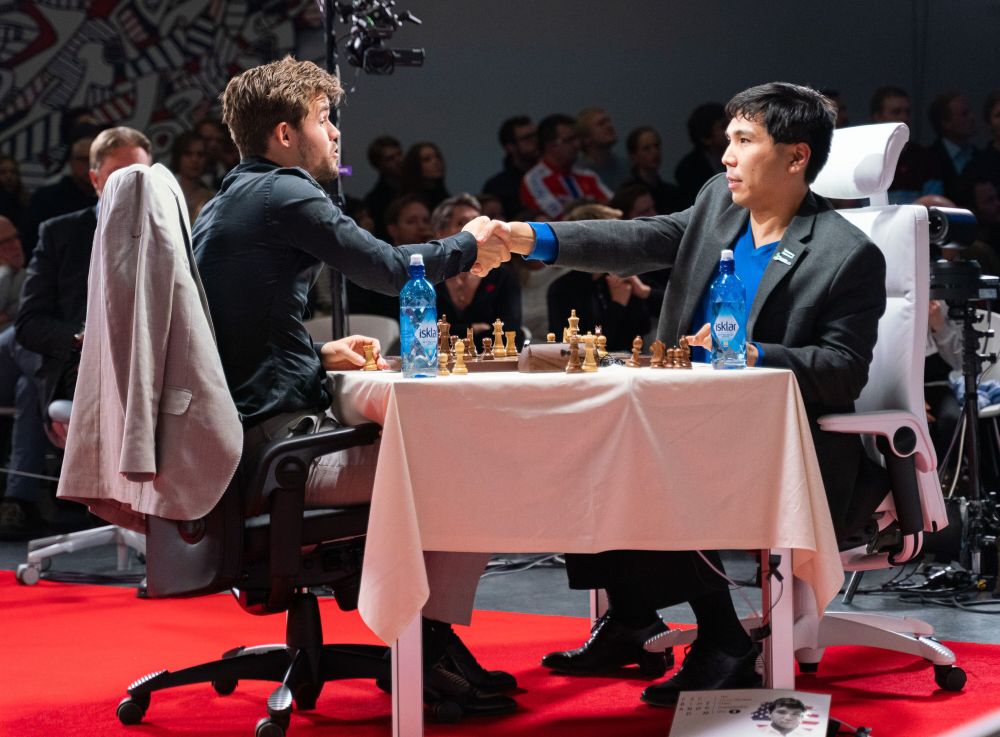
SS: I have one question on this front. You stopped playing chess somewhere in January. Did you start thinking about all these after you stopped playing or has it been in your mind before that?
VK: Long before. Actually, I started to think about it back in 2001 already. I remember mentioning it to some players including Peter Svidler. I don't know if they remember it but it was already starting to get unpleasant back then, the amount of problems one faced to get a game was of course nothing compared to what it is now but still it was substantial. My first idea was to introduce a pairing of openings but this obviously won't work anymore because at the top level everyone seems to know everything! The idea of tweaking the rules a bit occured to me a few years back but firstly since I was still into competitive chess I simply didn't get the time to work on it, and secondly I needed an opportunity to check the idea carefully with certain force. I am lucky in this regard that I had the opportunity to work with DeepMind and Alpha-Zero. I wanted to be serious about what I am proposing. I wanted to check it carefully, see the games, patterns, and statistics and only then bring it to the public. I have been working with other possible variants as well and they might even be more entertaining in some ways but No-Castling is by far the simplest. You see, if we pretend for a moment that we are learning the game of chess for the first time in life, then it is only the rule of castling that doesn't seem to make any sense. It is the only move in the entire game that involves two pieces and for no definite reasons. It is possible to make sense of en passant even because it sort of makes the game more dynamic, without the en passant rule it would be quite easy to force closed pawn structures, but castling is a very absurd move and it doesn't add to the game at all, it doesn't make it better and only makes it different. The rule of castling didn't exist originally and historically came into being much later during the 15th century or so. There are only two explanation that I can think of behind its invention. One explanation is that many centuries ago people were not that strong at chess and castling was probably a way to prolong the game, to slow it down because otherwise a game could be over in just 15 moves with a direct attack. My second theory is funnier and more political, you know chess was for many centuries considered more as a war than a game and so in a way it was one of the means to teach people how to make war and perhaps castling was invented to explain everyone that in a war first of all you have to take care of the king. The king's safety is always the first priority even if that means he can actually escape the battlefield in a strange and unjust sort of way. This is a strange story but it might have some truth behind it. Of course, somebody invented casting and somebody implemented it, so there has to be a reason behind it. So in a way this No-Castling chess makes the rules of chess more logical. It is not only simpler but also more logical to not have the right to castle.
SS: After you started working with DeepMind, at what point did you think that No-Castling chess was good to go out to the public?
VK: I was convinced even before checking it with this monster AlphaZero that No-Castling would only make the game more dynamic. First of all, every opening theory goes out of the window in this variant of chess right from move one. It is hard to say which is the best move to start with 1.e4, 1.d4, or 1.c4. In fact, I think 1.f4 makes a lot of sense under this new circumstances as it allows you to go for the quick Nf3-g3-Bg2-Rf1-Kf2-Kg1 (laughs). I don't know 1.f4 might as well be the best move here but the point is it completely destroys all theory! The main criticism I have received of this variant is that it is too simple and the new theory would develop very quickly. Now I can guarantee you that this won't happen so easily, this isn't the case. For example, suppose after 1.d4 d5 2.Nf3 Nf6 I play the move 3.h3, I am sure that both sides will play a new game after this but the point is it doesn't surprise your opponent or create a new pattern. You can try some unusual move like this in virtually every opening to have a game but you in fact don't have a game because you don't create any new patterns. After 3.h3 anyone will be able to continue logically with 3...c5 followed by Nc6. The problem is not the concrete moves but the patterns which are very well-known but once you change the rules and disallow castling all of these changes, I mean all these pawn structures start to take a whole new meaning. I have seen the games and I can tell you nothing is the same. It is easy to find concrete lines using an engine but it isn't easy to establish general standards and I would say it would take a good thirty or forty years for that to happen. In this scenario you can certainly have equal positions but it is a different kind of equality, it is nonstandard. But let's say if you get an even position out of a Queen's Gambit with symmetrical pawn structure then most likely the game will end in a draw. But here with the kings in the center it is totally a new situation, you have to create your own plans from scratch. Also no castling makes the game objectively more complex, it keeps a lot of options open and you have to decide whether you want to take your king to the kingside or queenside or you just want to leave it in the middle. Moreover, you have to also figure out a plan to connect your rooks. No-castling chess is closest to regular chess in a way and at the same time it concretely eliminates all theory and not just for two or three years I assure you, but for tens of years. More importantly, it is very easy to play, you might as well go inside a normal tournament and make a gentlemanly agreement with your opponent that you don't want to castle.
SS: These are very deep insights coming from you. You have obviously understood and analysed this variant of chess very deeply and we are excited to see it in action. So maybe we can look into a game and understand how it works in practice?
VK: (Kramnik goes on to show a very interesting game in No-Castling chess of Alpha-zero against itself and draws attention to some specific moments where he thinks the variant is markedly different from the regular version)
Alpha Zero versus Alpha Zero, No-Castling Chess, 2019
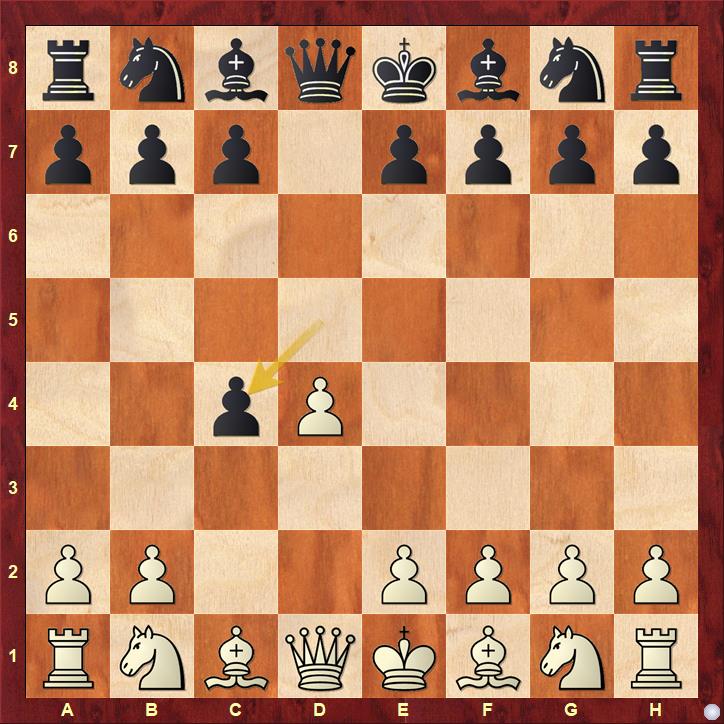
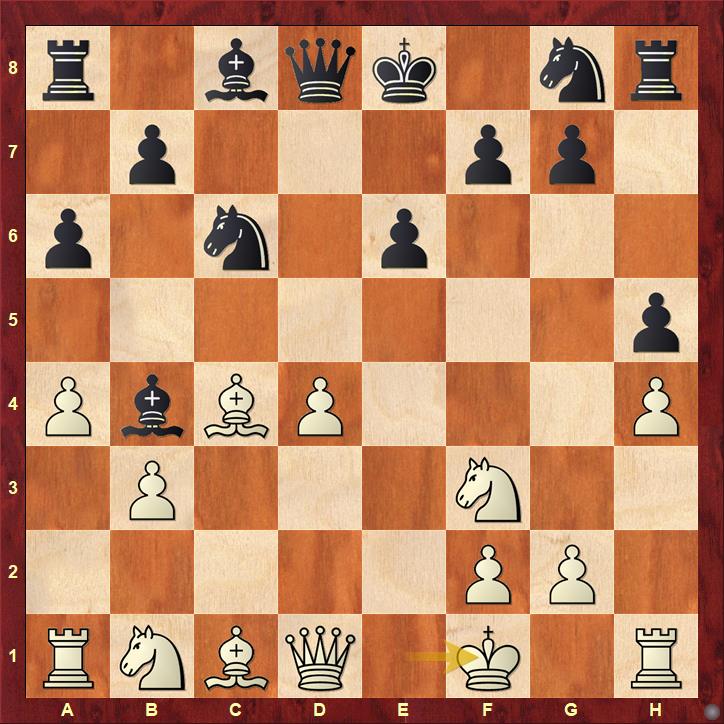
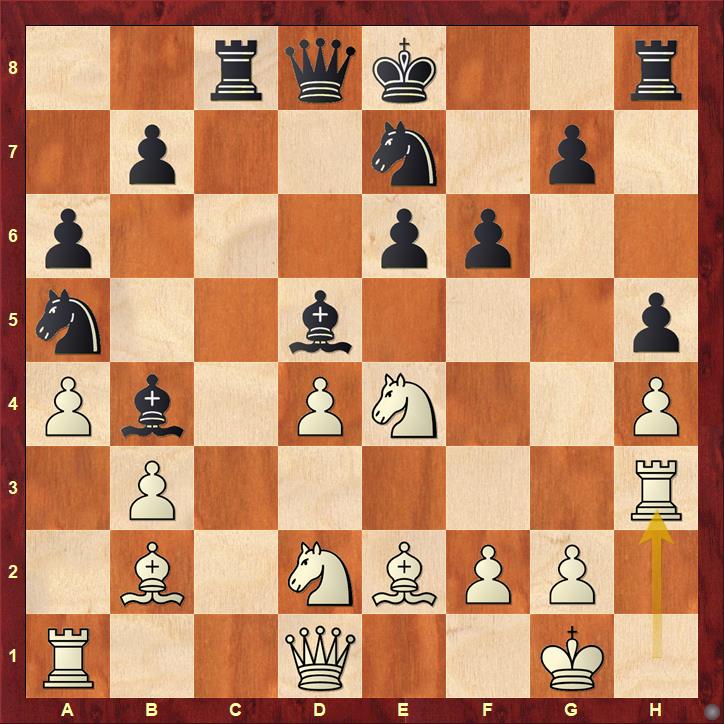
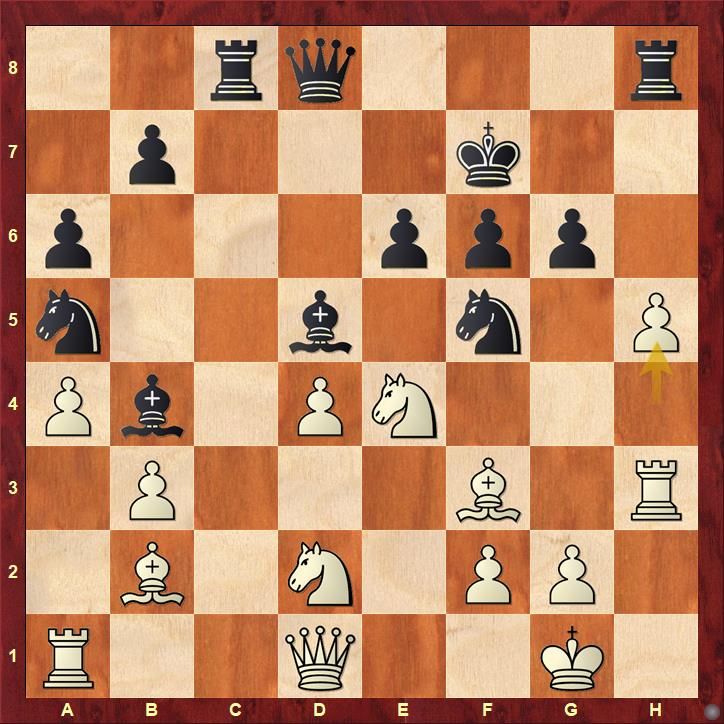
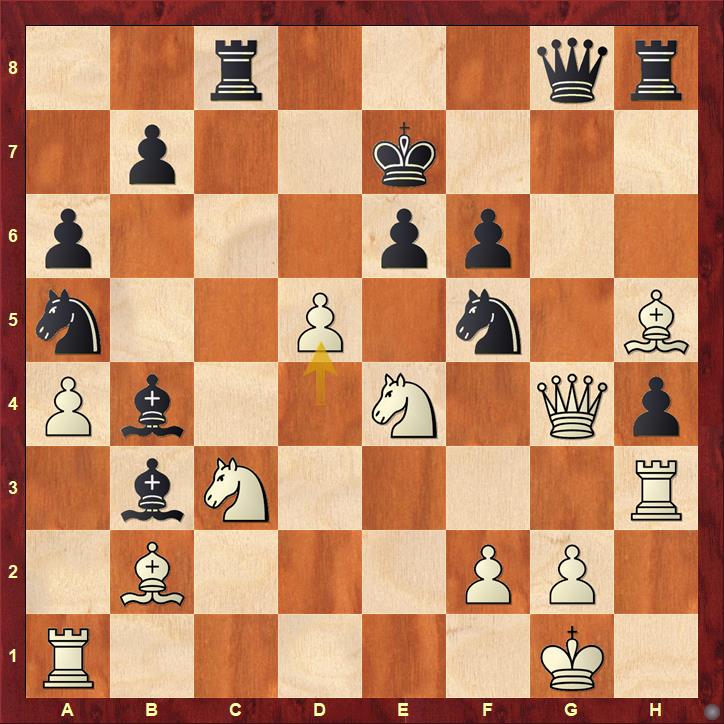
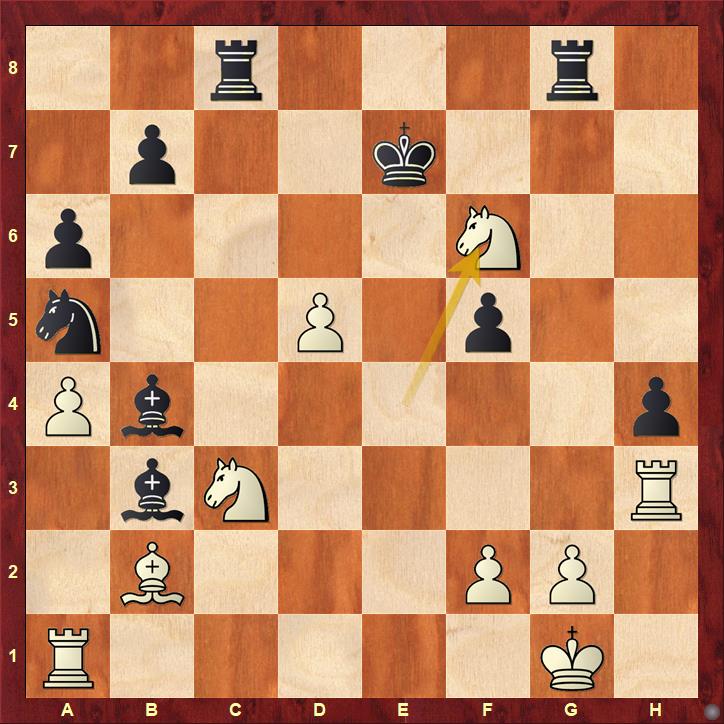
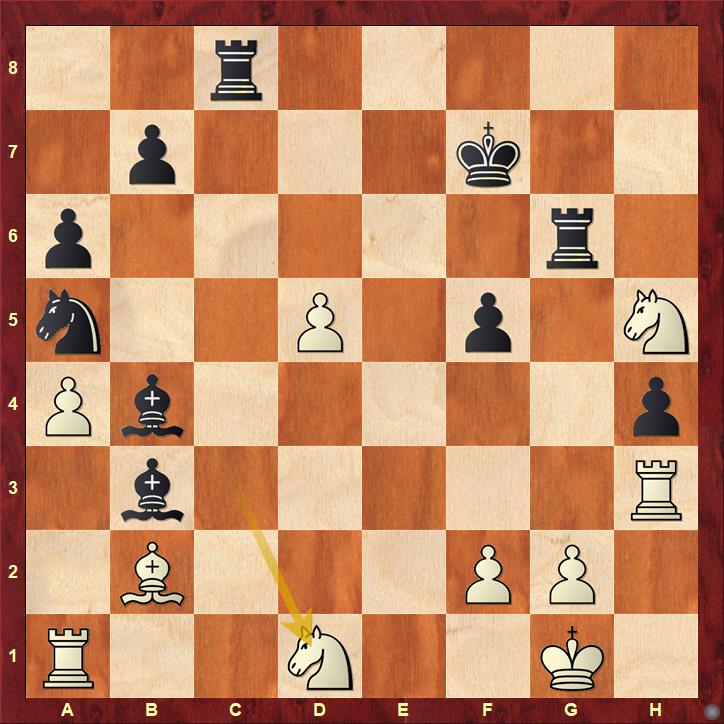
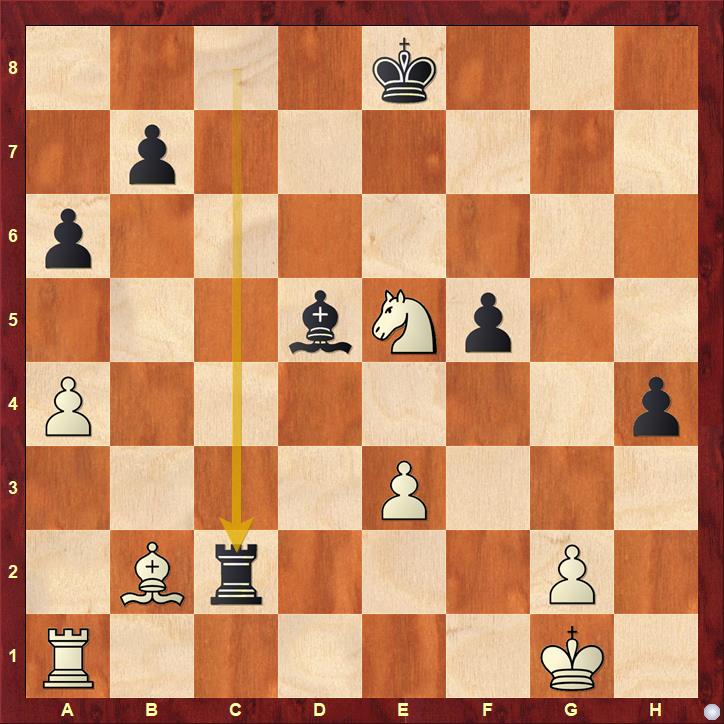
Check out the full game below with detailed analyses of some amazing lines shown by the seminal AI:
SS: So you think organizers should already go ahead get some players and try out this new format of the game?
VK: Of course, they can if they want to, I don't insist. But you know, I have actually met many organizers who were worried about the increasing number of draws in the game of chess so of course, they can go ahead and try it out, why not! Also I don't think there should be any issue in rating games of chess played in this new format because it is exactly the same chess except that you play here from move 1 instead of move 20! But more importantly I would like people to try it out at home, in friendly blitz games, so that we get more feedback about it. I would really appreciate it if people gave their feedback to me, not only in general but after actually playing some games in it. I believe this version is by no means less than Fischer random or for that matter even standard chess.
SS: Well, thank you Vladimir for presenting this to us. A final question to you, if suppose such a tournament were to be held where No-Castling was introduced. Would you be interested in playing it, now that you have retired from competitive chess?
VK: For this particular case, I have to say I will make an exception. Normally I am not planning to play in any classical event, not even in rapid but for No-Castling chess, yes I will consider. I really hope that there will some open tournaments or may be in a normal tournament some players will decide to play against the rules. It can be done and it would still be rated. Everybody is welcome to try it and then we will see.
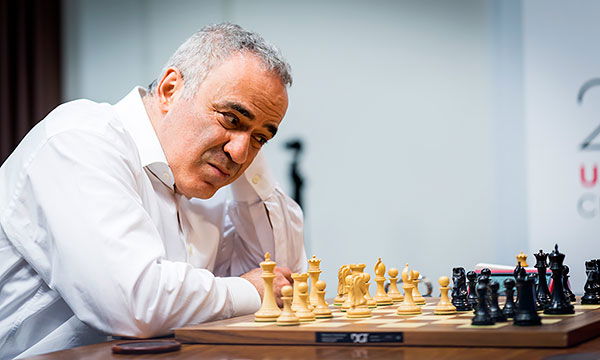
SS: Thank you so much Vladimir for speaking to us. We really hope that this variant of chess will catch up and a lot of people will try it out!
VK: Thank you for having me and asking these questions. If there will be any other feedbacks or any other questions, you are welcomed to get in touch.





